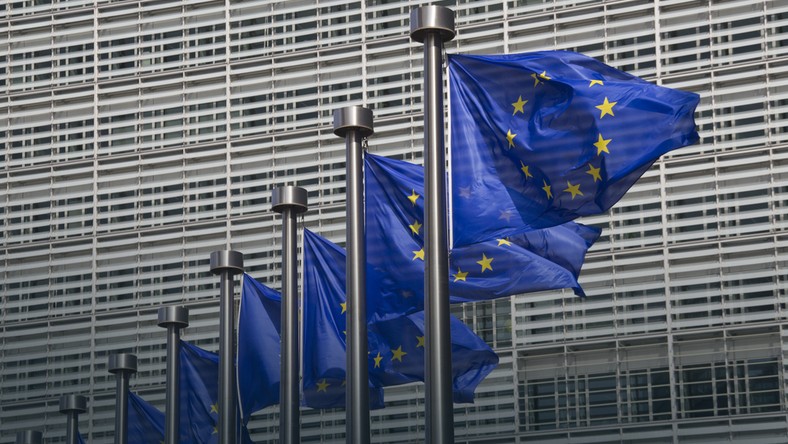
Photo: Shutterstock
Nine EU countries wrote to the head of the European Commission ws. Nord Stream II
In a letter to Jean-Claude ‘ Juncker and the Visegrad Group countries (Poland, Hungary, the Czech Republic and Slovakia), Latvia, Lithuania, Estonia and Romania and Croatia have pointed out that Nord Stream II may pose a risk to energy security in Central and Eastern Europe. The leaders of these countries turned to appeal to the Commission that as guardian of EU law has assessed the compatibility of the planned gas pipeline to EU law.
Awl said at a press conference after the summit of the EU, that is the common position of the nine countries that have managed to achieve on the sidelines czwartkowo-Friday meeting, the” protest against the treatment of the investments outside the EU standards. “
– draw (in the letter) note that the Commission applied in relation to the investment rules that apply in the EU. Please note that this is not an investment that has an economic dimension. Please note that it is a threat to energy security in Europe – exchanged Awl.
The signatories of the letter indicated that it is necessary to analyze the legal aspects of the Nord Stream II, so that the project that was applicable EU law, and in particular the third energy package.
these regulations are aimed at breaking the monopolistic practices in the supply of energy resources to the EU market. The package envisages separation of gas sales from transmission, agreeing tariffs by an independent operator and provide more operators access to transmission infrastructure. The use of fully these provisions to Nord Stream II would mean that its own deliveries by Gazprom, the pipeline could be reduced up to 50 percent.
the leaders of the countries of Central and Eastern Europe also wrote to Juncker, that the implementation of the Nord Stream II carries with it the potential geopolitical implications for the region and countries in the immediate neighborhood of the EU.
“At the same time, Nord Stream II contributes neither to the diversification of sources, or to diversify suppliers. This will increase the dependency on existing roads (supply), which is not consistent with the objective of EU energy legislation, which aims to increase security of supply and the liberalization of the market “- said in the letter.
During the conference, praised Szydło placed in the summit conclusions provisions on energy security. It will support the proposal ws. transparency of intergovernmental energy agreements and providing for cooperation between Member States in the event of a crisis .
Nord Stream II is a project of a new dwunitkowej gas main with a capacity of 55 billion cubic meters of gas a year from Russia to Germany via the Baltic Sea. At the beginning of September 2015, the representatives of Russia’s Gazprom, German E.ON and BASF-Wintershall, the British-Dutch Royal Dutch Shell, French Engi (formerly GdF Suez) and Austrian OMV signed a legally binding shareholder agreement on the construction of the pipeline.
Opponents of the project indicate that it may it increase Europe’s dependence on Russian gas and make that Ukraine will lose importance as a transit country. While supporters of Nord Stream II argue that the new pipeline will increase the security of supply of raw materials and the possible banning of the European Commission’s laying – as demanded by some EU countries, including Poland – describe as interference in the free market economy.
(a)
No comments:
Post a Comment